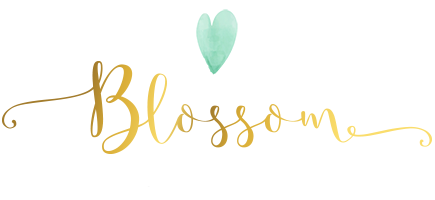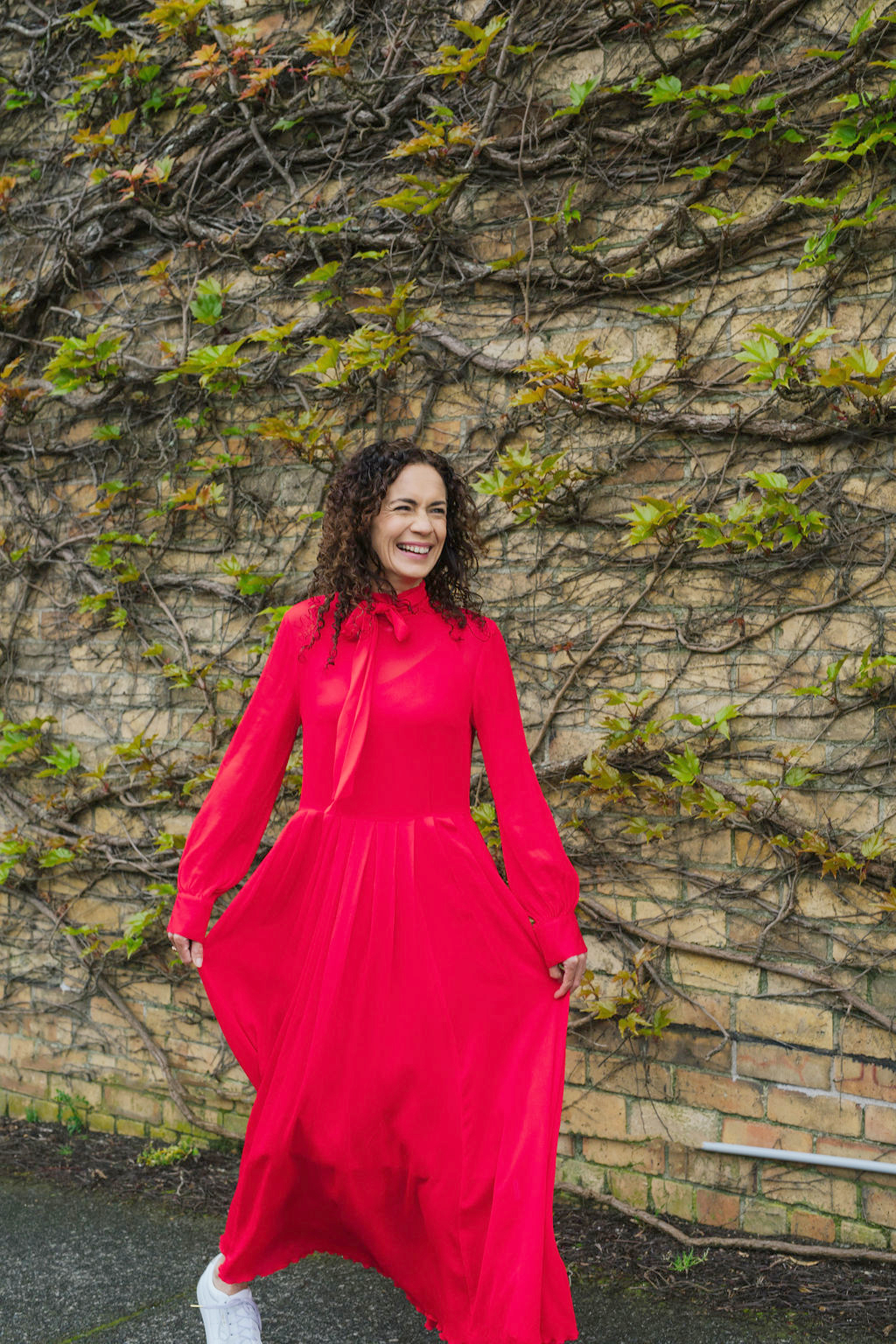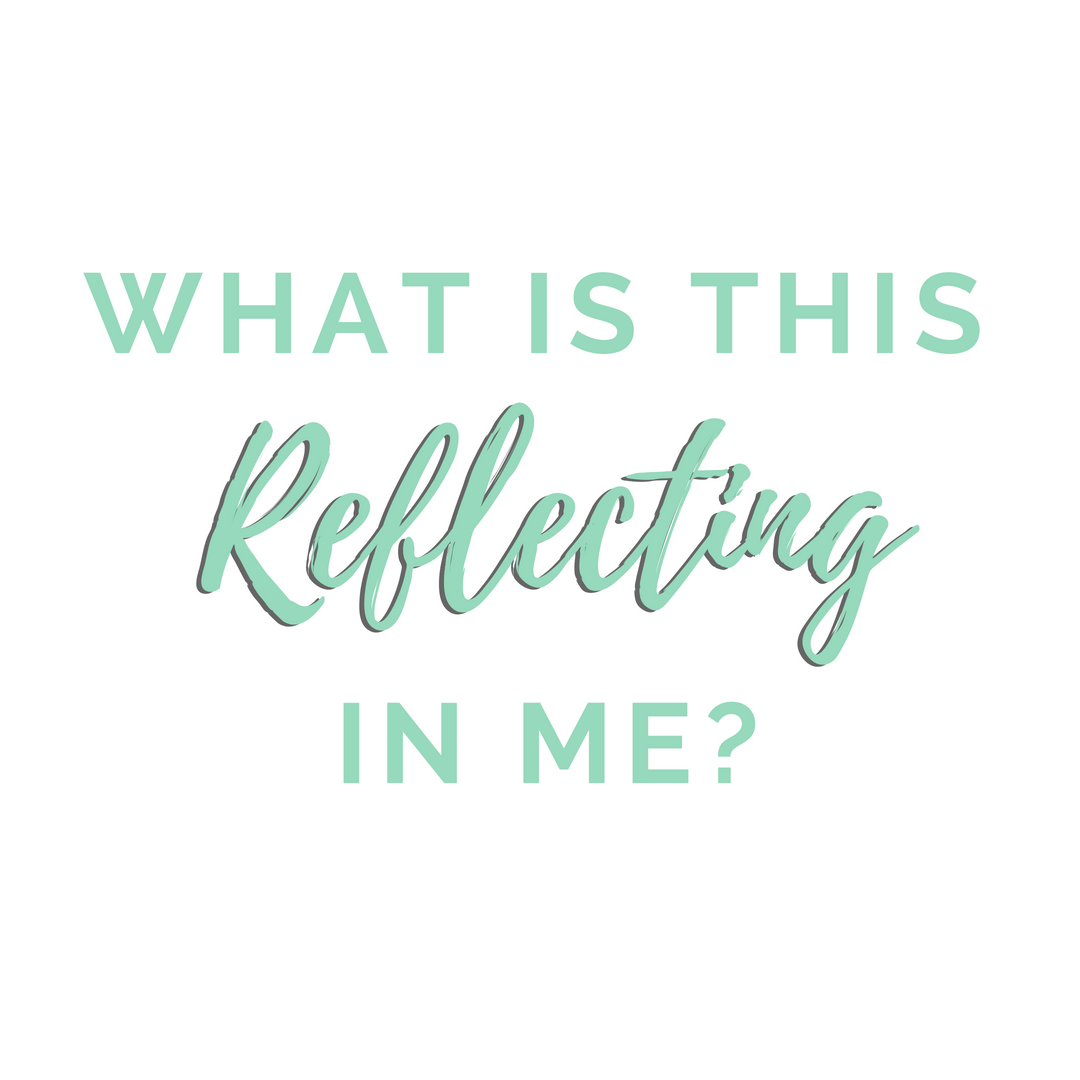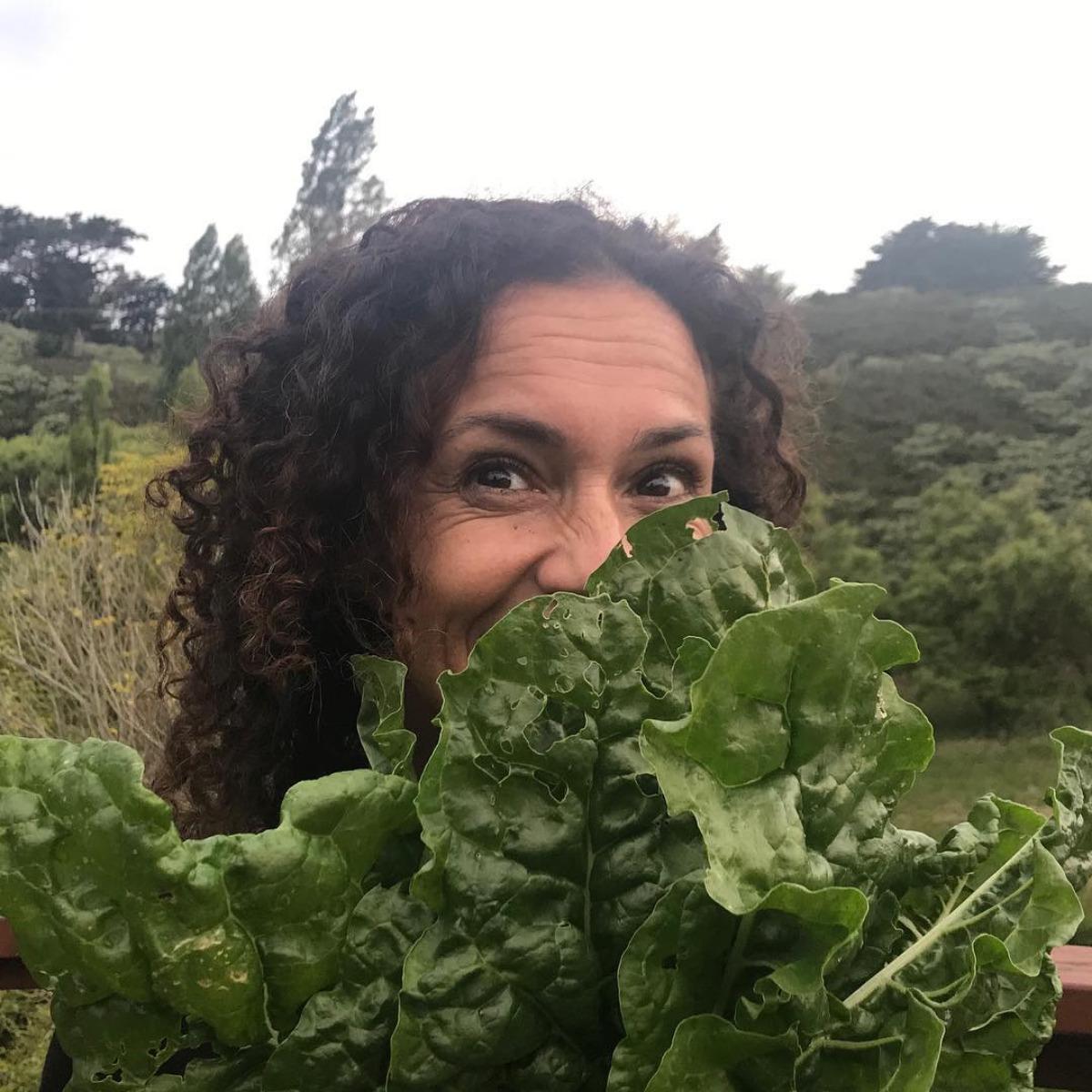There’s a mutual attraction.
Something draws you together.
You seem to share similar values.
Laugh at the same jokes.
Your friends think you make an amazing couple.
You’re both on cloud nine.
Over time situations occur which slightly deflate your love bubble.
You begin to struggle with the way your partner…
Reacts to situations.
Doesn’t listen and becomes defensive.
Walks out when you get into challenging conversations.
Is different, than when you first started seeing one another.
Situations become more challenging and finally your love bubble bursts.
You’re hurt. You begin to pull away or hold on tighter and you try everything in your power to make things better.
Your relationship improves for a while and then, once again you’re back in the same loop. It’s good and then it’s not and you have no idea what to do.
You start to think, ‘it’s just not meant to be. Maybe I missed the signs at the beginning. Why does it have to be so hard?’
Your confidence feels crushed.
You don’t know how to fix things.
Everything begins to point to your relationship coming to an end.
Relationships can be so challenging. They’re often where your unhealed wounds will arise.
• The rejection you felt as a child.
• The hurt you experienced from a bully.
• The humiliation you suffered at school.
• The fear you felt, from the conflict you grew up within.
There are so many experiences that you may have felt in your younger years, which lay dormant until the perfect person comes along and reawakens them. That perfect person is often your number one. The person who made you feel so good at the beginning of your relationship.
Now they trigger the rejection, humiliation, hurt or fear that you felt as a child. Your unhealed wounds are opened wide and you’re left scampering, trying to ‘fix’ what you see as the problem. Which you often think is your partner. This is understandable, you haven’t felt your uncomfortable feelings for a long time and the link to them resurfacing, is your partner. Of course, this is where you have to place your focus.
Here’s the thing, getting your partner to change will pacify your triggers for a certain amount of time. Sooner or later though, your partner won’t be able to live up to your expectations and you’ll be triggered right back into the feelings you’ve tried to avoid.
Making your partner fully responsible for the way you feel within your relationships, will be a short-term fix. This dynamic can’t last forever and overtime the pressure becomes too much for the both of you and the relationship often crumbles.
This is when couples choose to go their own way. This decision can be for the best. They’re no longer at the mercy of wild emotions, hurtful outbursts and a toxic environment.
Some couples will see a small light at the end of the tunnel and decide to persevere. Nothing really changes though, yet it’s not bad enough to leave and so they struggle on.
Then there are couples that choose to ride the waves together, overcoming the storms and discovering a deeper, more satisfying connection through the process.
Here’s 4 things that these couples do differently…
- They understand that relationships aren’t perfect, that sometimes they’re actually messy and this doesn’t mean they’re not worth working on.
They self-reflect, enabling them to see when their old feelings have been triggered and are driving their reactions.
They acknowledge and self-regulate, enabling them to respond, rather than react to the situation at hand.
They have individual interests and understand that this is healthy for their own well-being and the well-being of their relationship.
By doing these 4 things…
- They’re more present.
- They’re open to feedback.
- They cultivate connection.
- They practice vulnerability.
- They don’t have to be right.
- They know they’re not perfect.
- They own their part in the problem.
- They don’t blame their partner for how they feel.
- They choose to respond as much as possible, rather than react.
- Sometimes they forget all of the above, yet they reconnect as soon as possible.
Think about your own childhood for a moment. There would have been situations where your needs weren’t met, you didn’t receive the words you longed for or the comfort or safety you craved.
Often when you’re triggered in your relationship, you’re unconsciously trying to 1. Avoid similar feelings to when you were growing up 2. Trying to get your old unmet needs, met.
Without the awareness you can think it’s your partner that’s the problem and so you try fix what you feel is wrong so you no longer feel triggered.
A more empowering way to overcome the challenges in your relationship, is to acknowledge the feelings that are whirling within you and give yourself what you needed growing up.
It could be…
-
Words of affirmations.
-
Safety and security.
-
Stronger boundaries.
-
More self-care.
-
To be believed in.
By leaning into your internal world and making it a safe and comforting space, you have the ability to heal your wounds and in doing so, show up differently in your relationship.
Often when you heal your wounds or at least become aware of them, the things that used to trigger you, have less of an impact. This makes for a more loving and connected relationship.
Sometimes this can take a lot of perseverance and you may need extra support. Giving yourself what you needed growing up, can be a great place to start and can make a huge difference.
Here’s some questions that might help…
What wound might your partner be triggering within you?
Can you see a connection between your triggered feelings and how you felt as a child?
What did you need when you felt this way as a child?
How could you give this to yourself now?
Take some time to journal about these questions and go easy on yourself, healing takes time, yet in the long run it’s so, so worth it.
(It’s not only your intimate relationship that can trigger your childhood wounds. It could be a colleague, boss, child, parent or friend. All relationships have the ability to trigger our wounds and help us to heal.)
Right now, that person might be your biggest trigger, but as you do your inner work, they could become your biggest teacher and help transform your relationship to a whole new level of satisfaction.



